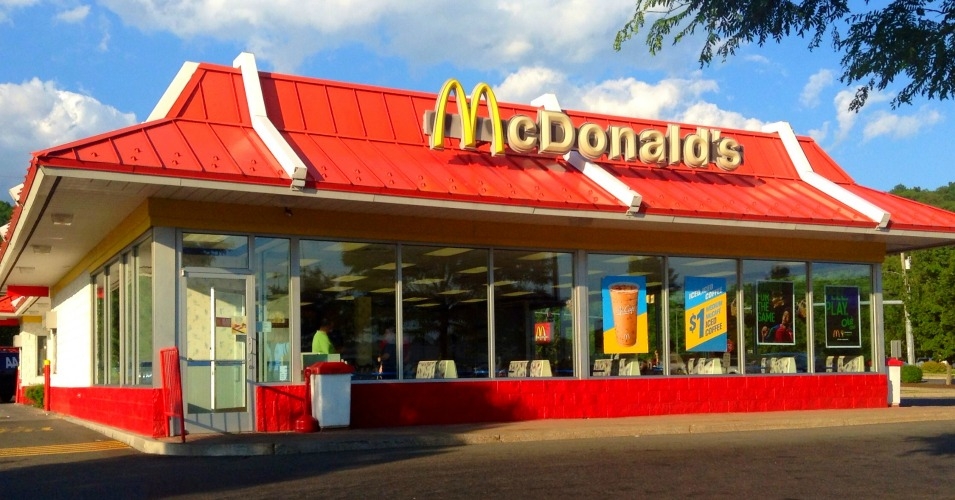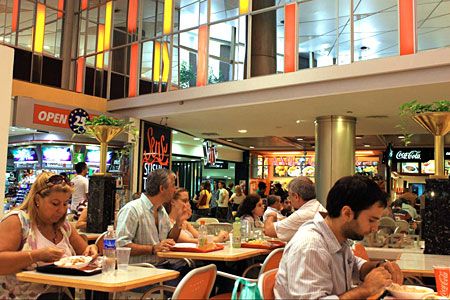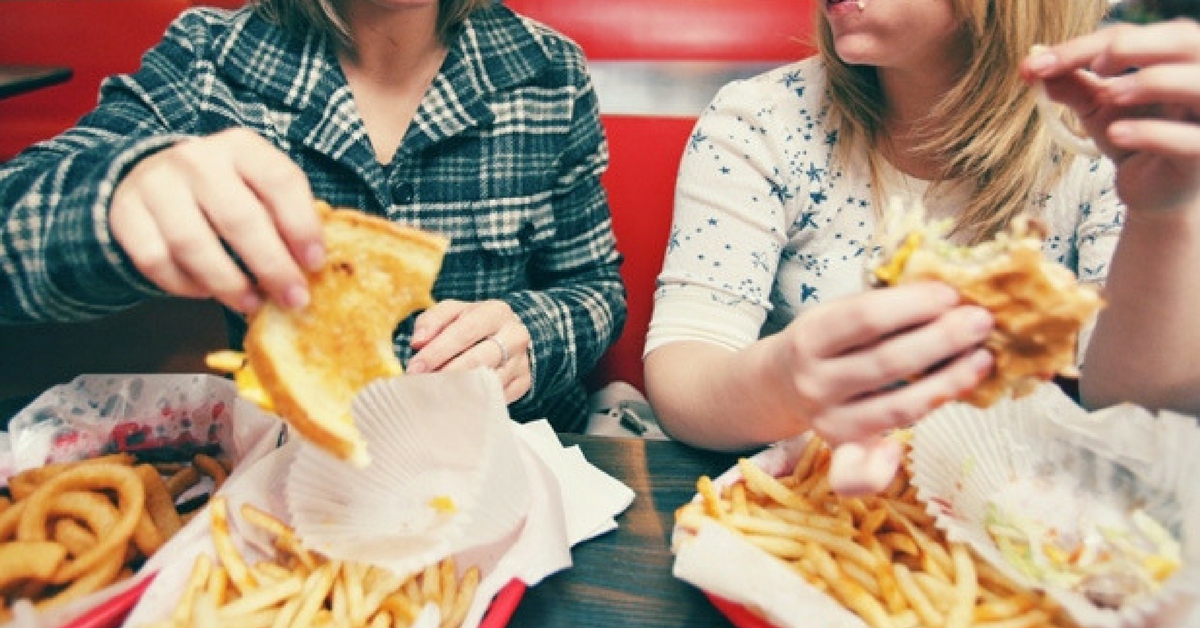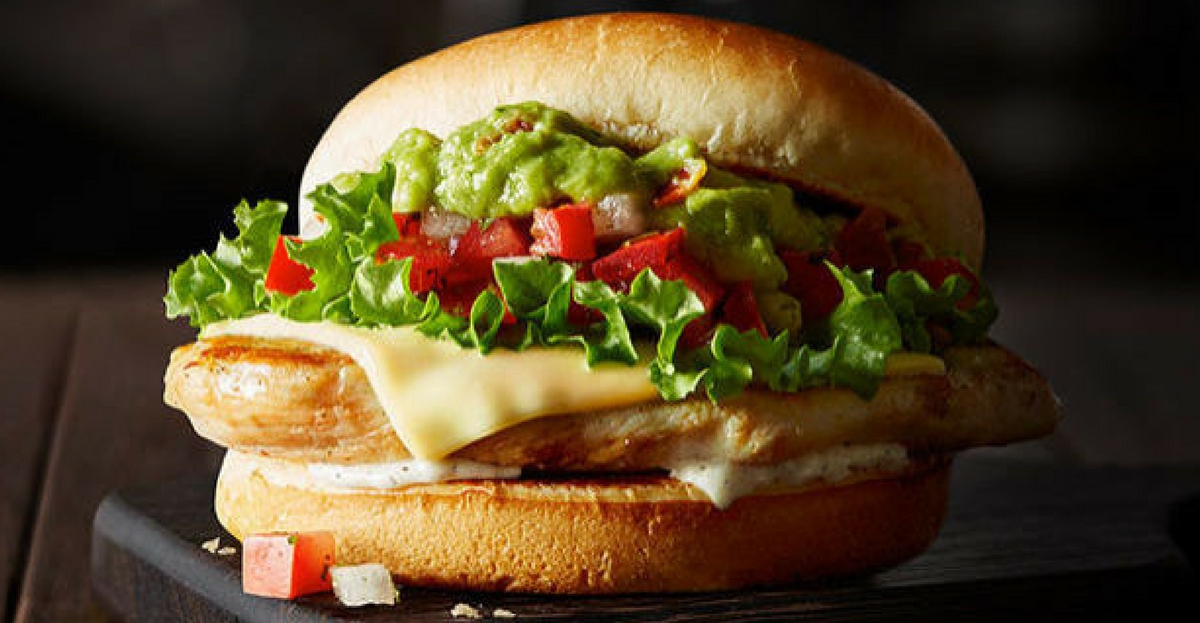Everyone has an opinion about fast food. Some love it, some hate it. Some say it will kill you and others say it does no harm. There's no real truth about fast food, it's going to affect everybody differently, but there are some assumptions being made that are incorrect.
For instance most people think that poor people eat more fast food than wealthy people, but is that true? That was the question that was the question that University of Michigan professor Patricia Smith wanted to answer, so she launched one of the most comprehensive studies of its kind.

The idea that poor people eat more fast food isn't a strange one. Fast food is cheaper and more readily available than restaurant meals and even some groceries. Making meals at home takes planning, time and money - luxuries that many low income families can't afford when they bustle from 1 minimum wage job to the next.
Grabbing a Big Mac is going to be a lot easier than making a casserole.
The rational was so prevalent that in 2008 the city of Los Angeles restricted the amount of fast food restaurants in low-income neighborhoods, presumably trying to protect lower-income citizens from themselves.

Smith wasn't sure that the truth was so cut and dry.
"If we're going to have legislation than maybe we ought to have facts," she said on Michigan Radio.
What her study reported on the next page!
"When we looked at older studies we found a bunch of mixed results, it wasn't clearly established," she said. "So we decided to get new data, and some more extensive socioeconomic data, to test this hypothesis."
Her team took a look at the socioeconomic situation of the people who dined on fast food, and made some interesting discoveries.

"What we found was, while the poorer people did eat more frequently than the very wealthy, the middle eats the most fast food."
The middle class eats fast food more often and in greater numbers than the lower income levels and the top earners.

The study went on to show that it wasn't necessarily how much money you had that determined your likelihood to eat fast food, it was actually how much you worked.
"The more hours you work the more likely you are to eat fast food," she said. Going on to say that the convenience rather than the price is the biggest attraction to fast food.

When I get fast food I know my energy level is the main thing that makes me do it, how about for you?

